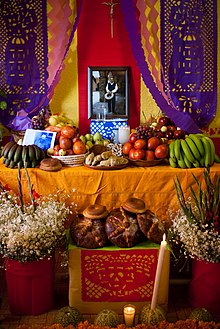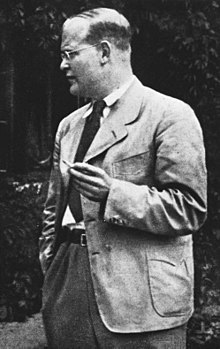Portal:Religion
The Religion Portal
Religion is a range of social-cultural systems, including designated behaviors and practices, morals, beliefs, worldviews, texts, sanctified places, prophecies, ethics, or organizations, that generally relate humanity to supernatural, transcendental, and spiritual elements—although there is no scholarly consensus over what precisely constitutes a religion. Different religions may or may not contain various elements ranging from the divine, sacredness, faith, and a supernatural being or beings. (Full article...)
 Vital article
Vital article

The Eastern Orthodox Church, officially the Orthodox Catholic Church, and also called the Greek Orthodox Church or simply the Orthodox Church, is the second-largest Christian church, with approximately 230 million baptised members. It operates as a communion of autocephalous churches, each governed by its bishops via local synods. The church has no central doctrinal or governmental authority analogous to the pope of the Catholic Church. Nevertheless, the Ecumenical Patriarch of Constantinople is recognised by them as primus inter pares ("first among equals"), a title formerly given to the patriarch of Rome. As one of the oldest surviving religious institutions in the world, the Eastern Orthodox Church has played an especially prominent role in the history and culture of Eastern and Southeastern Europe. (Full article...)
 Did you know (auto-generated)
Did you know (auto-generated)
- ... that fictional religions, often described in speculative fiction, have in some cases inspired real religious movements?
- ... that the author of the comic book Timeless Voyage was the leader of a UFO religion?
- ... that the Grave with the Hands commemorates a married couple, divided by society and religion, with hands clasped over a cemetery wall after death?
- ... that in her 2021 book White Evangelical Racism, professor of religion Anthea Butler called American evangelicalism a pro-Trump, "nationalistic political movement"?
- ... that Musa va 'Uj depicts figures from all three Abrahamic religions?
- ... that Gamaliel's principle has been used to support religious pluralism and reforms within religious groups?
Maximus the Confessor (Greek: Μάξιμος ὁ Ὁμολογητής, romanized: Maximos ho Homologētēs), also spelled Maximos, otherwise known as Maximus the Theologian and Maximus of Constantinople (c. 580 – 13 August 662), was a Christian monk, theologian, and scholar. (Full article...)



































































